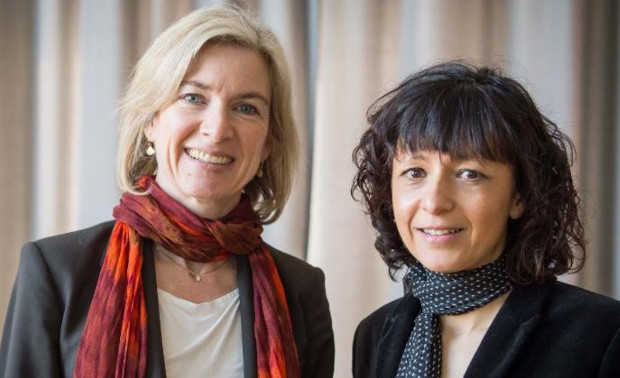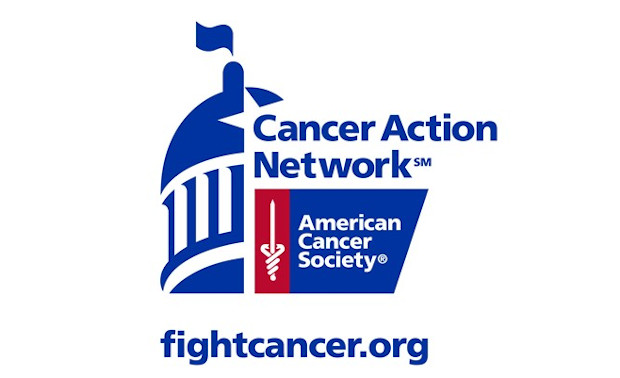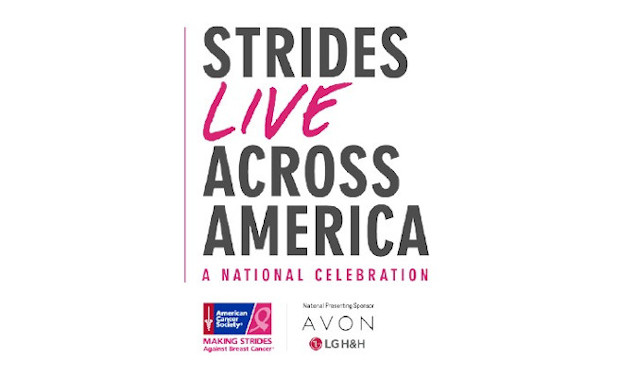Developers of the tool for gene editing were awarded our highest honor in 2018.
Congratulations to American biochemist Jennifer A. Doudna, PhD (left in the smaller photo) and French microbiologist Emmanuelle Charpentier, PhD (right) this year's recipients of the Nobel Prize in Chemistry for their 2012 work on the development of Crispr-Cas9, a method for genome editing. The Oct. 7 announcement marks the first time a science Nobel has been awarded to two women.

Both scientists were among five individuals awarded the American Cancer Society's highest honor in 2018. Read more about those Medal of Honor awards here.
“The work of these two investigators is arguably one of the great technical advances in the past 50 years akin to DNA sequencing. In the same way that our ability to sequence DNA is essential in biomedical research today, genome editing is quickly becoming a powerful and foundational technology in research,” said William Phelps, PHD, our senior vice president, Extramural Research.
ACS did not fund either of these women, so the number of ACS-funded Nobel Laureates remains at 49. That number is a tribute to the Society’s Research program and the strength of its peer-review process.
Dr. Charpentier and Dr. Doudna, only the sixth and seventh women to receive the chemistry prize, pioneered early work on Crispr-Cas9, a kind of genetic scissors that allows researchers to alter the DNA of animals, plants and microorganisms with extremely high precision. Since then, it has been used in numerous scientific applications, from genetically modifying crops to developing cures-in-progress for conditions like sickle cell disease and hereditary blindness, according to The New York Times.
TOP PHOTO: Flanked by American Cancer CEO Gary Reedy (far left) and 2018 American Cancer Society Board Chair Kevin Cullen, MD (far right) are the 2018 recipients of the Medal of Honor. Their names and their award are, from left to right: Vice President Joe Biden, for Cancer Control; Emmanuelle Charpentier, PhD, for Basic Research; Charis Eng, MD, PhD, for Clinical Research; Jennifer A. Doudna, PhD, for Basic Research; and Michael J. Thun, MD, MS, for Cancer Control Science.
*Shared from MySocietySource.





















